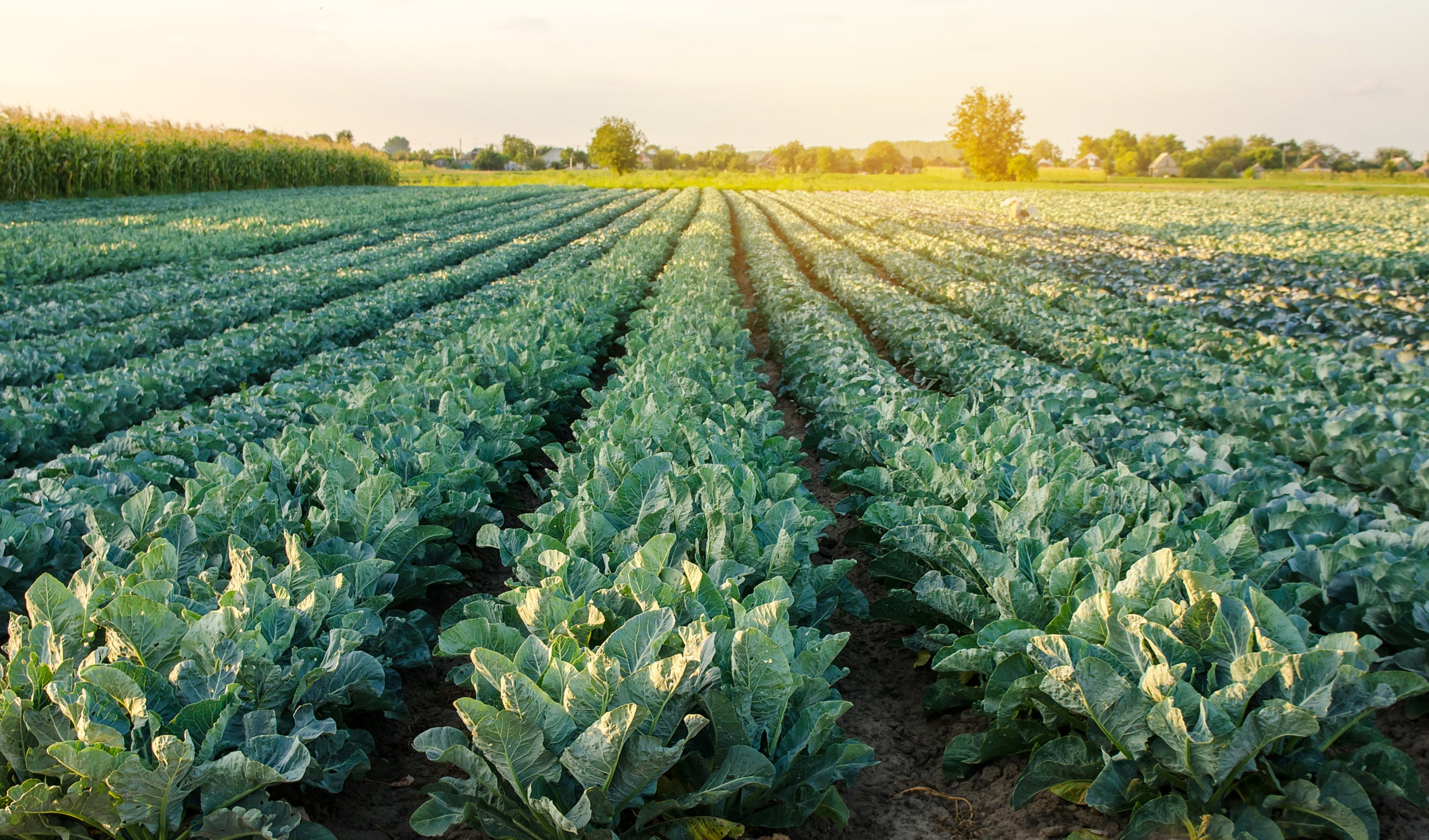
Staple vegetables including broccoli and cauliflower could be in short supply this season, farmers have warned.
Mild temperatures in autumn and winter have meant that the crops have come up early, leaving fewer to be picked during the usual spring season.
Growers have warned that it will also be harder to import the vegetables from the continent as floods in key areas have left many farmers in areas they usually grow in unable to plant in time for the spring harvest.
The shortages will lengthen the UK’s “hungry gap”, which is the period between April and early June where few of the crops grown in the country the are ready to be harvested.
Hannah Croft, an agronomist at Riverford, an organic vegetable box company, told The Guardian: “UK cauliflowers have faced weather challenges including significant rainfall in autumn, which caused some losses in early crops, while mild temperatures brought winter cauliflowers ahead of schedule.”
She added: “Our Spanish suppliers, who grow much of our winter broccoli, have faced setbacks due to heavy autumn rain, which caused quality issues and delayed planting for spring crops. This has pushed harvest schedules forward, meaning there’s a possibility of a gap in late spring”

Ms Croft advised those looking to replace brassicas to use spring greens and other cabbages instead.
The Met Office has warned that farming in the UK will be affected by climate change, as hotter weather, water shortages and other changing conditions impact yield.
“Farming in the UK will be affected by climate change, too,” it says.
“Hotter weather and higher levels of CO2 may make growing some crops easier, or even allow us to produce new ones. However, with more droughts expected, water may not be as easy to access, making it harder for farmers to plan the growing season. Some crops we grow today may also be unsuited to higher temperatures.”
Peter Adams, a horticulturist at RHS Rosemoor in north Devon, said that wet winter had seen all of cauliflower destroyed as slugs munched on the unprotected plants.
Guy Barter, the chief horticulturist at the Royal Horticultural Society, said cauliflowers at his Surrey allotment were alarmingly ready to be harvested months in advance.
He told The Guardian: “I think what happened here is that the plants went in at the usual time but grew mightily in the wet July and September and the very mild autumn, so their natural mechanism of timing flowering by chilling was overridden by their larger-than-usual size, hence flowering now rather than April.”







